
Could Reuse Be the Future of Wine Packaging?
Lightweight glass, recycling, and alternative packaging provide steps towards a greener future, but the ultimate solution lies in reuse
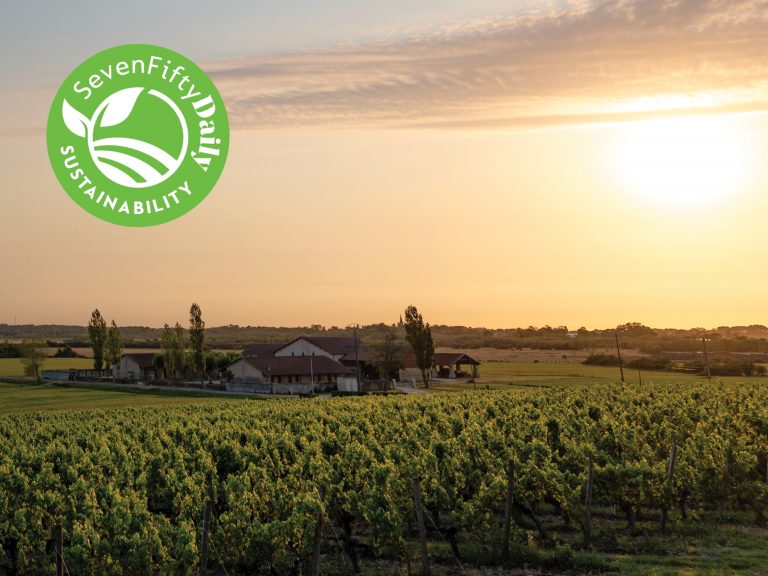
There’s arguably no issue more urgent to the future of our world—and the drinks industry—than climate change. As agricultural products, wine, spirits, and beer are particularly susceptible to our planet’s changing climate—and producers have responded by taking decisive action.
In SevenFifty Daily’s Sustainability Hub, we profile the people, movements, and companies spearheading climate action. From widespread organic farming practices and reimagined zero-emissions production facilities, to packaging and transportation innovations aimed at lowering the industry’s carbon footprint, we’ll be reporting on the inspiring initiatives driving change at local and global scale.

Lightweight glass, recycling, and alternative packaging provide steps towards a greener future, but the ultimate solution lies in reuse
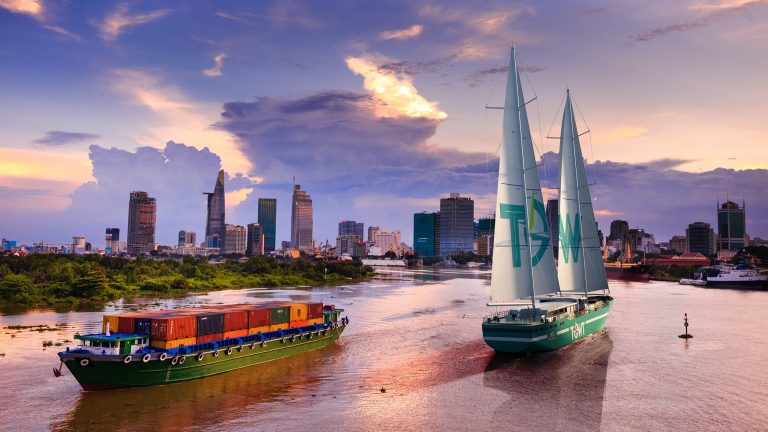
As the wine industry reckons with the climate impact of its global transportation network, options multiply for decarbonizing freight and shipping
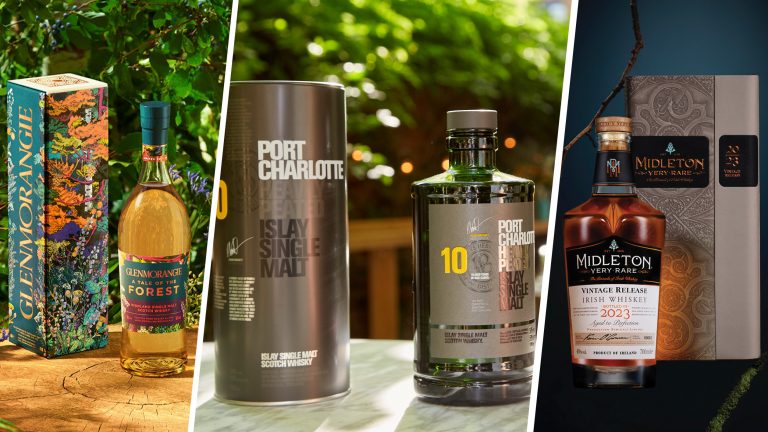
Secondary packaging signifies a bottle’s collectable status in the premium whiskey market, but, now that sustainability is top of mind, consumers are shifting their priorities
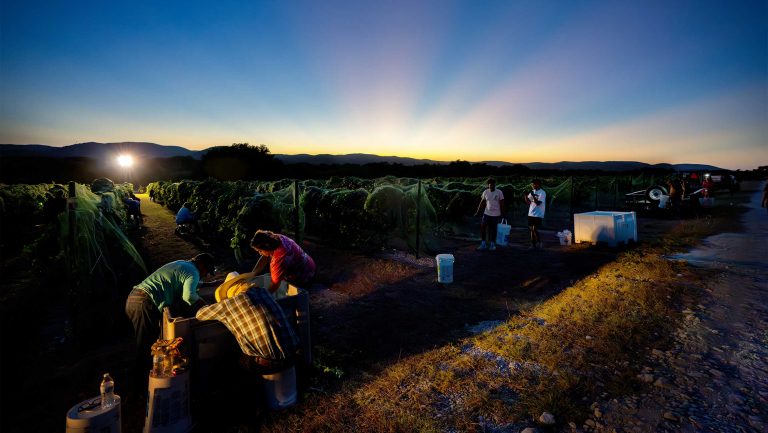
As more vineyards around the world face persistent and intermittent heat stress, researchers and vineyard managers are working to understand how grapevines are coping, and how they can better intervene
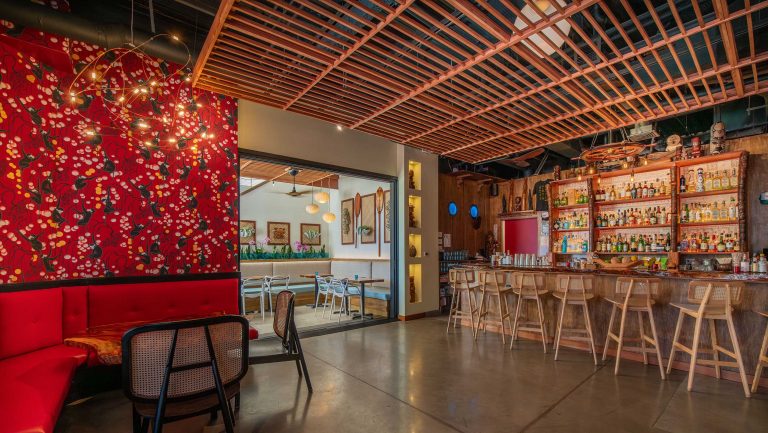
From hiring displaced workers to prioritizing local suppliers, bar professionals in Maui are still rebuilding with the future of the entire community in mind
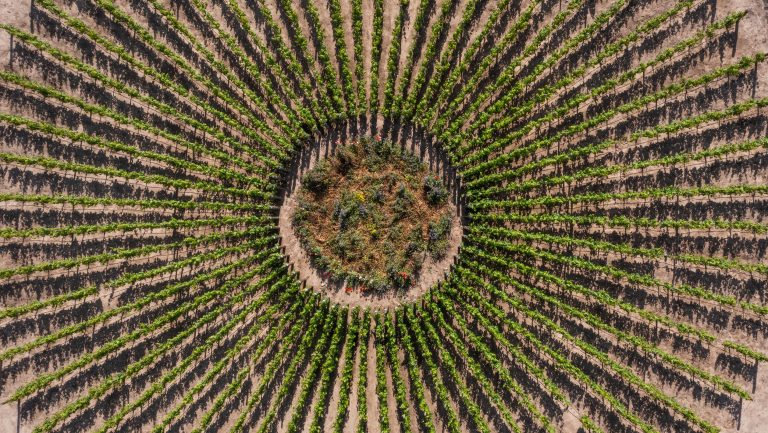
Vintners may not be able to change the climate, but they’re attempting to control microclimate through innovative new vine orientation and training approaches
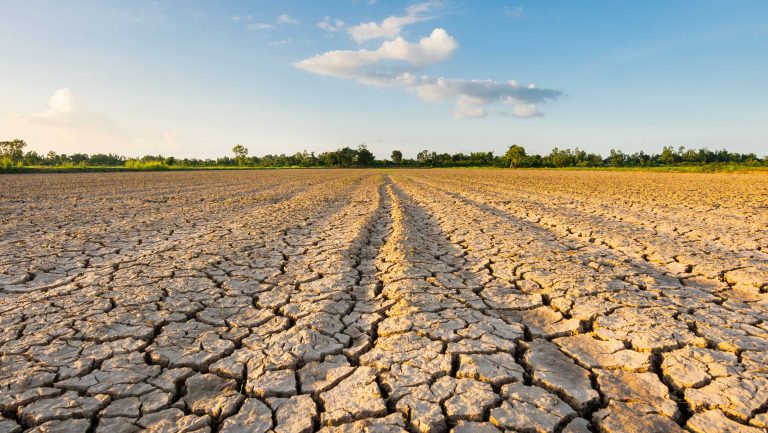
As U.S. demand for Mexican beer and spirits fuels industry growth, severe drought in the region complicates that success story and calls for a more sustainable approach
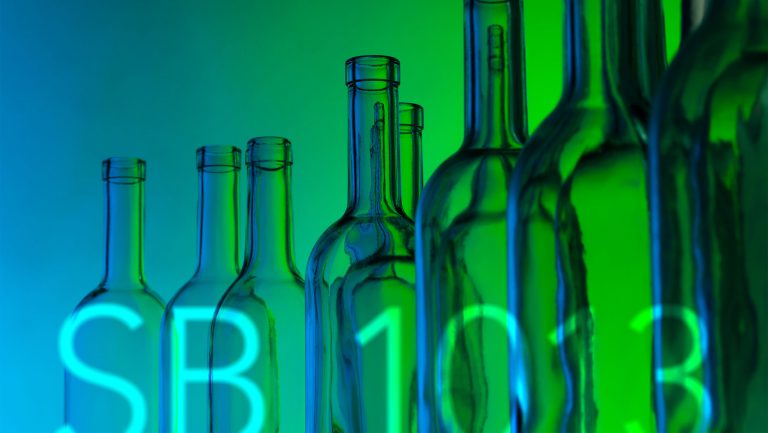
Expanding the state’s bottle redemption program to include wine and spirits is a massive undertaking, raising concerns—and hopes—from California’s beverage industry
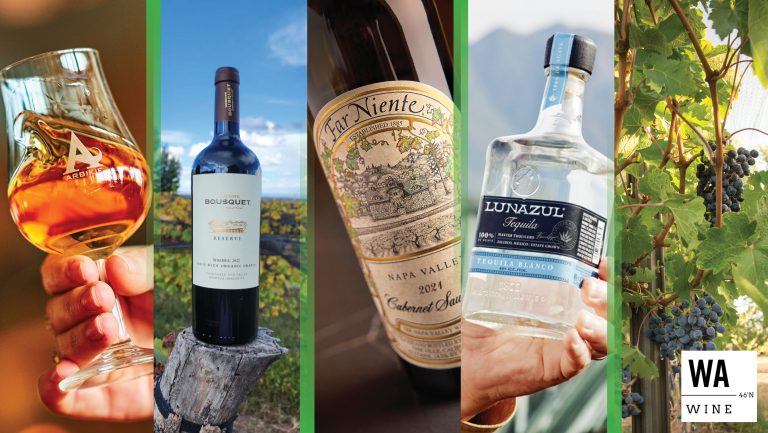
Eco-friendly practices—including organic, biodynamic, and regenerative production—are top of mind for winemakers and distillers around the world. These regions and producers are leading the charge
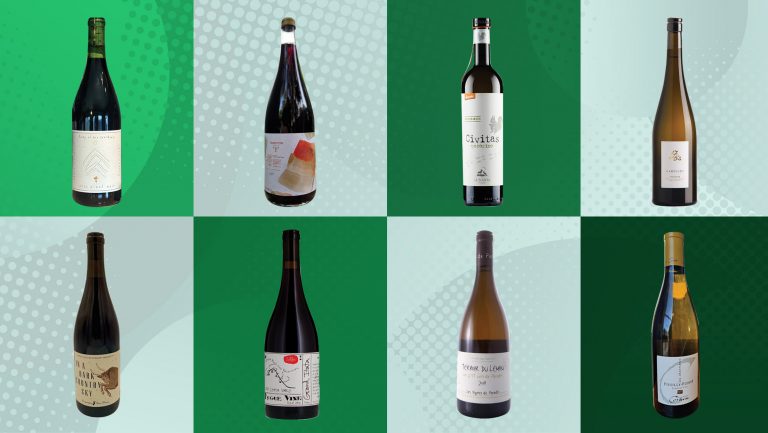
Sommeliers, retail buyers, and wine directors share their favorite organic, biodynamic, and sustainable wines
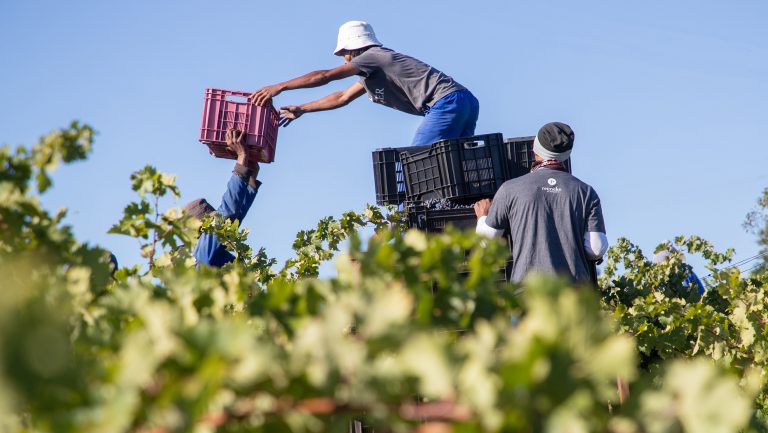
It’s time to scrutinize the significant labor issues facing the wine sector—and explore the preliminary steps being taken to mitigate them
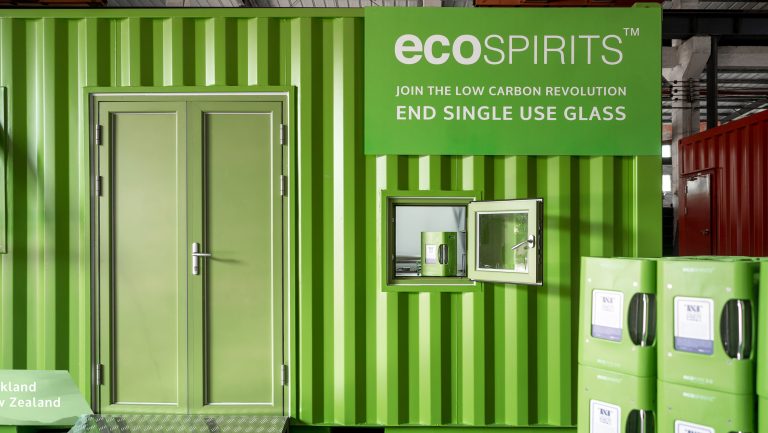
EcoSpirits set out to tackle the enormous waste and carbon emissions produced by single-use glass bottles in the beverage industry with a technology and design solution based on reuse
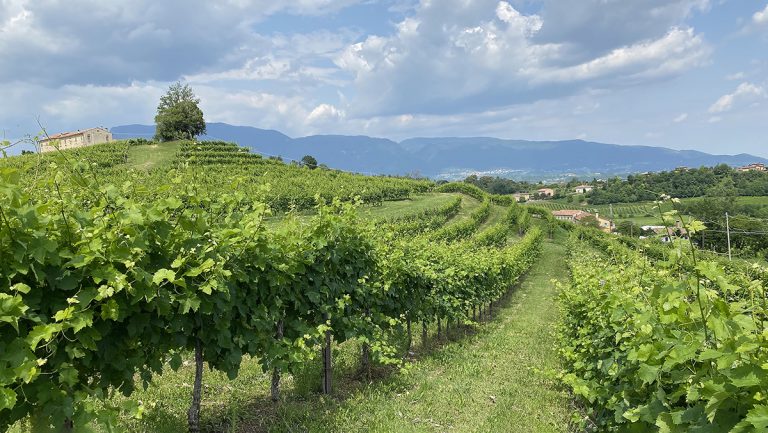
Some vineyard managers are turning to this affordable, natural farming method to combat a growing suite of climate change-related problems, such as drought and soil health
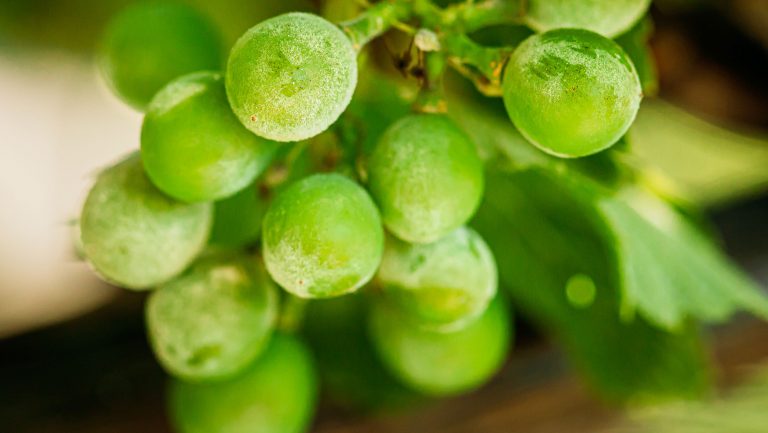
Using gene-editing technologies like CRISPR, researchers are fighting back against one of the wine industry’s biggest problems—powdery mildew disease
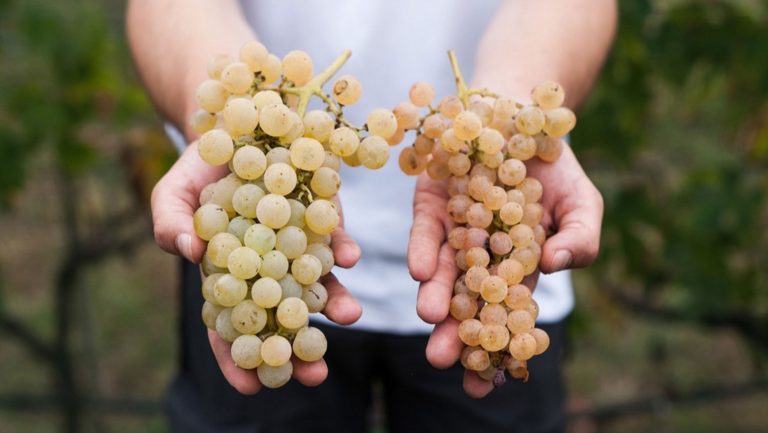
As a means of fighting climate change and preserving history, producers across Europe are reviving grape varieties that have never been cultivated for modern, commercial wine production
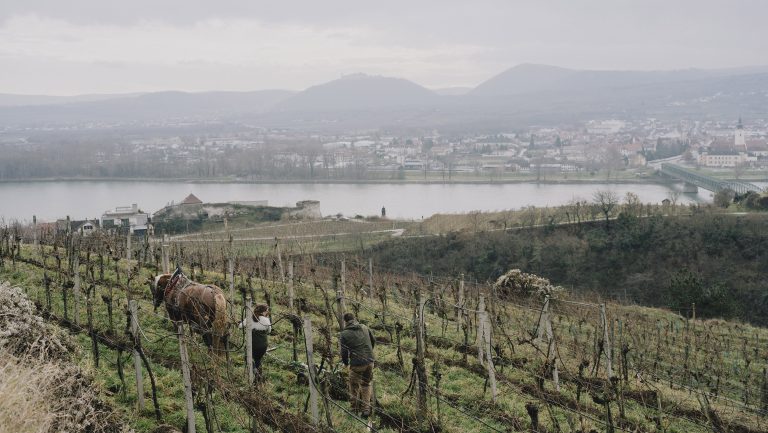
A draft EU proposal would prohibit the use of pesticides in nature reserves—but for winemakers in the challenging region of the Wachau, is there an alternative?

As climate change continues to alter viticulture, some farmers are harnessing the power of an ancient fungus to strengthen their vines
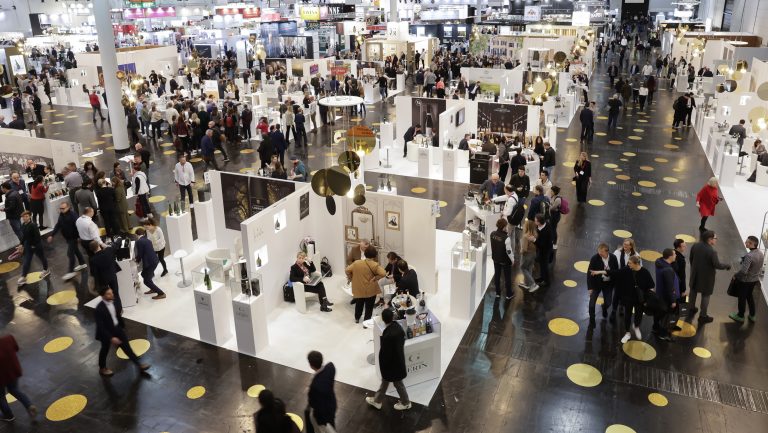
Our associate editor reports on five bottles—four wines and one sake—that illustrate many of the broader trends shaping the global beverage industry today
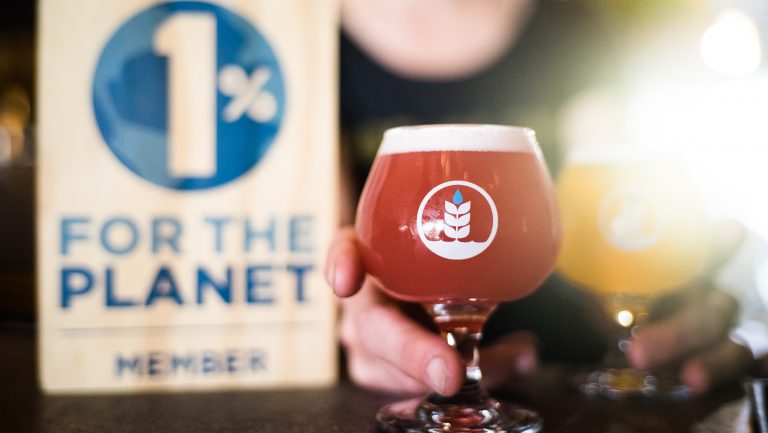
With environmental integrity ranking high among consumer priorities, how can drinks brands work with nonprofits to make a meaningful impact?
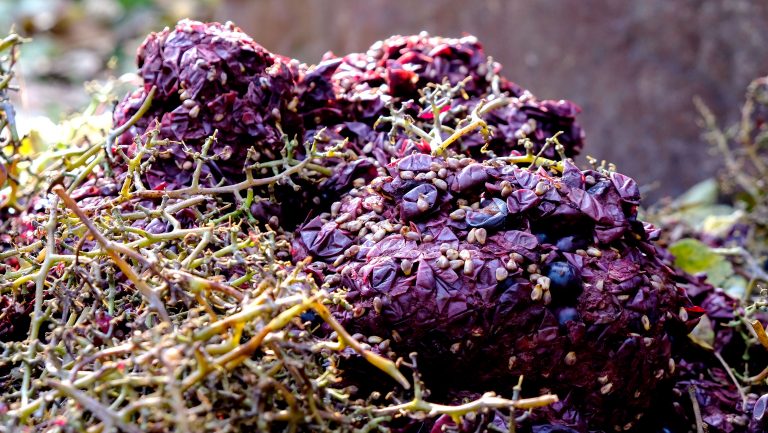
Discarded grape pomace, free-run press juice, and dropped fruit can all become key ingredients in other revenue-driving products, from cosmetics to vermouth
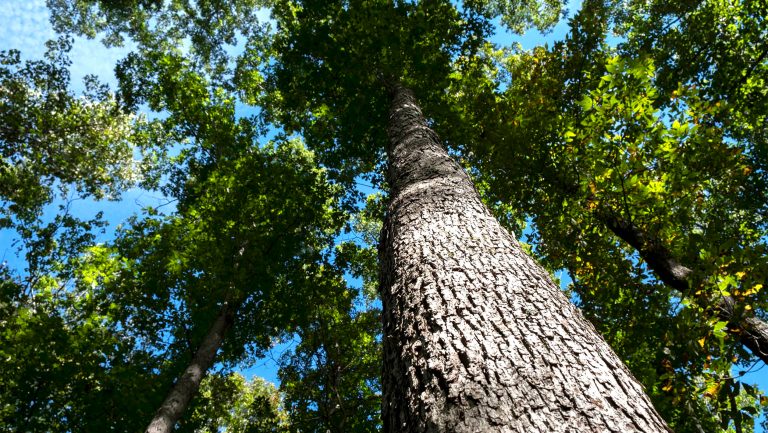
Without the success of the White Oak Initiative—a coalition of distilleries, cooperages, and foresters—there will be too few trees for their current widespread use
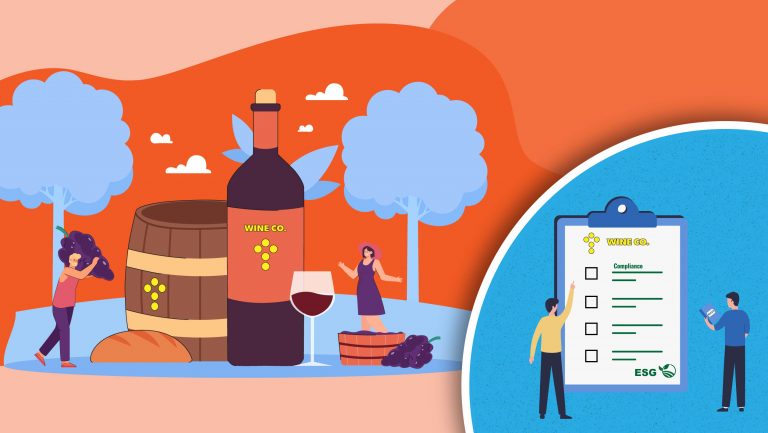
Environmental, social, and governance metrics will soon be the global standard to which the wine industry will need to comply
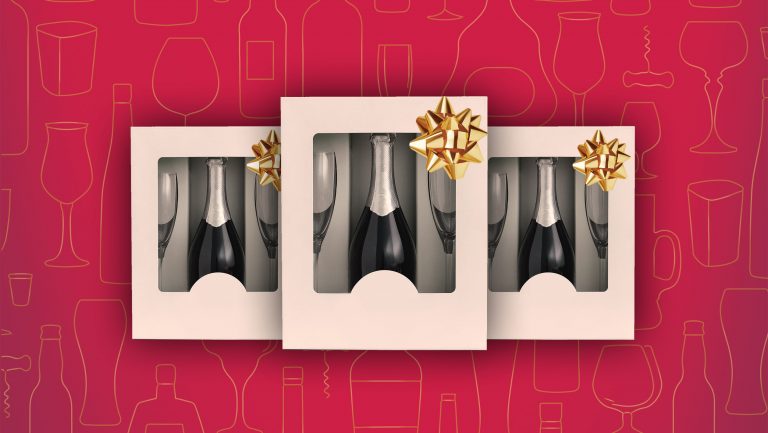
Supply chain disruptions and calls for more sustainable options have put this seasonal staple in the spotlight—yet demand for value-added packaging remains high
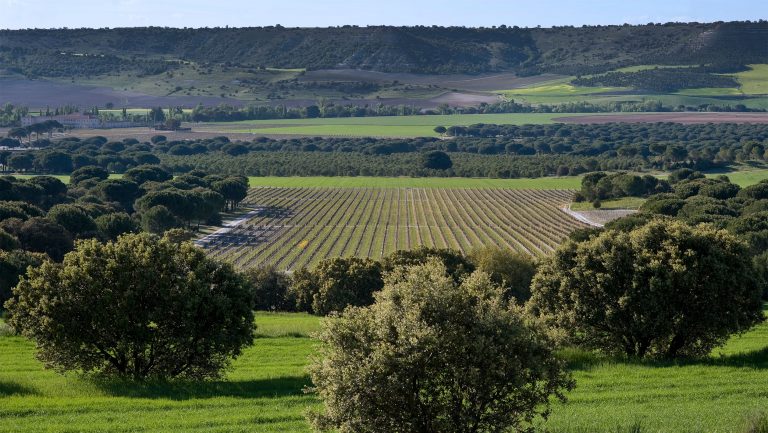
Growers are using trees, hedgerows, and habitats to mitigate climate change, helping not just the environment, but also the health of their vines
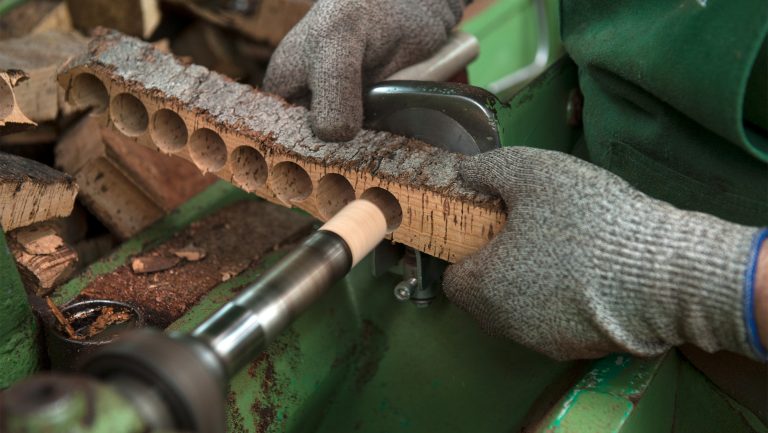
The proliferation of closure options in recent years has complicated the choice for winemakers—especially when it comes to sustainability
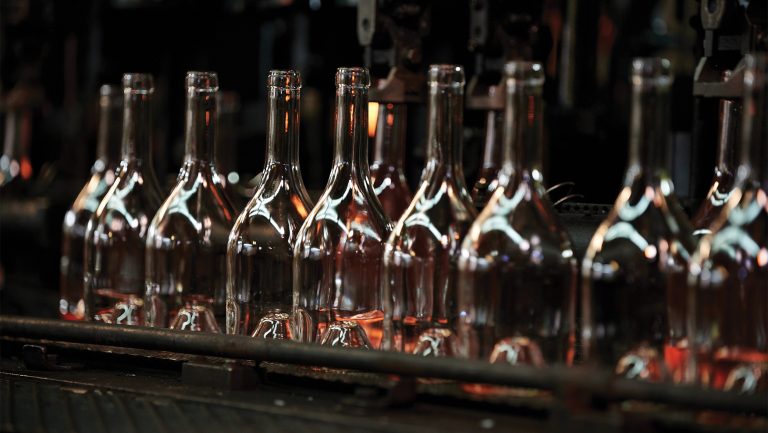
How the wine world and its suppliers are dealing with the problematic carbon emissions of its favored packaging
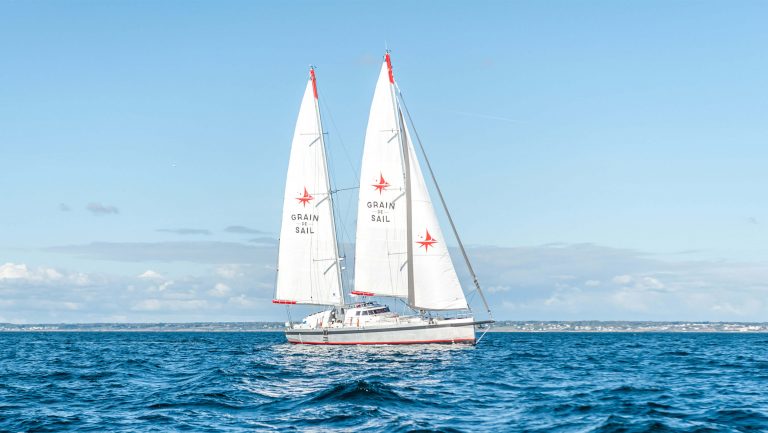
Grain de Sail, the first commercial exporter of wine by sail freight, shows that sail ship transport isn’t always a green gimmick, but can offer a viable—and scalable—alternative to conventional cargo
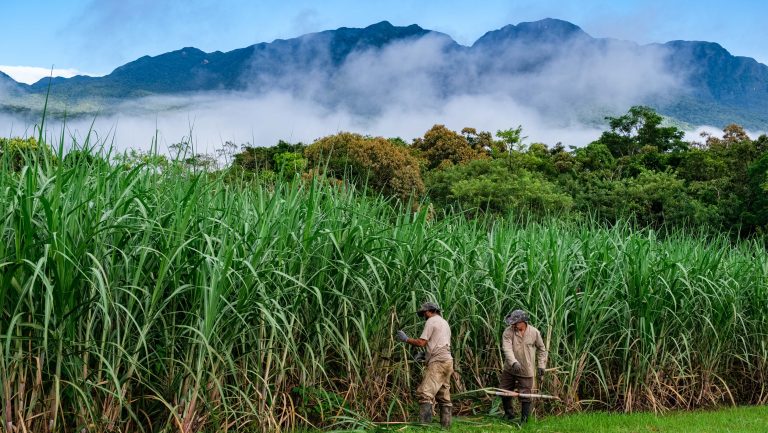
The spirits industry has long struggled to lower its carbon footprint—but that’s changing as producers adopt new approaches to curb emissions
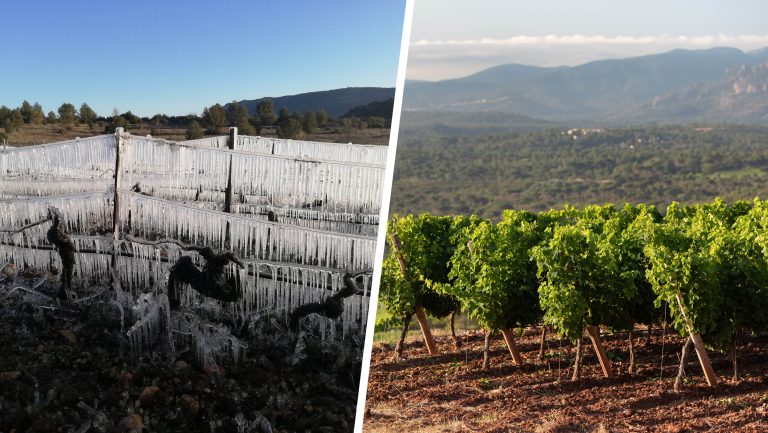
The 2021 vintage underscored the many challenges that southern French producers are facing amidst climatic extremes and rising temperatures. How will it impact their rosés?

Perfect presentation is more than great garnishes, and with the right tools it can be sustainable and cost-effective, too
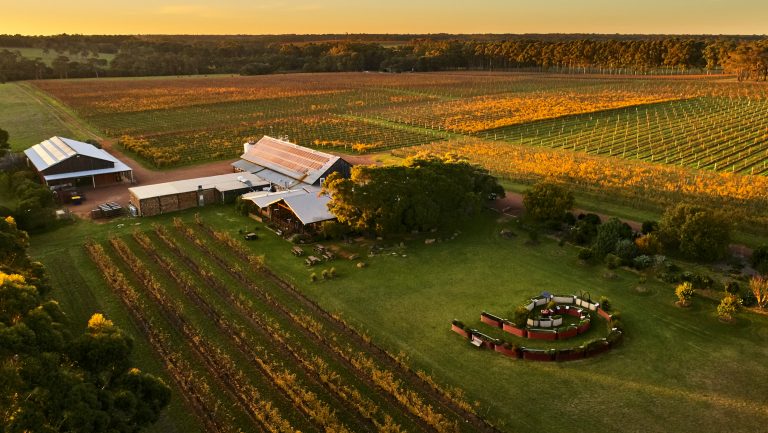
From employing regenerative farming to going carbon-neutral—or even carbon-negative—producers large and small are pushing themselves to innovate for the future of the planet
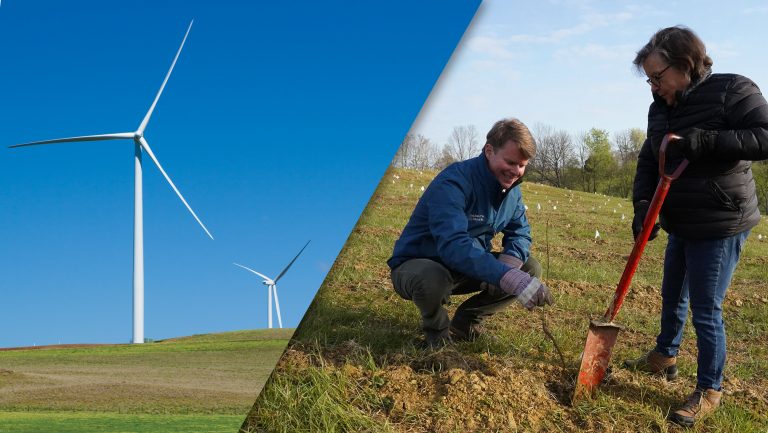
Younger generations increasingly look to brands’ sustainability credentials when purchasing. What does this mean for both large and small spirits companies going forward?
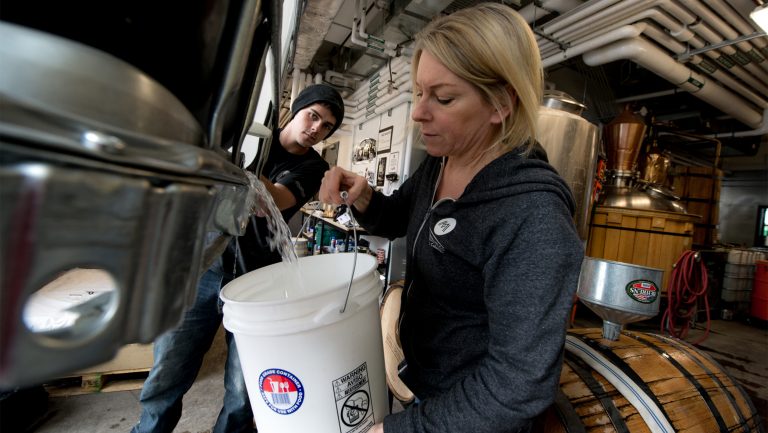
From repurposing wastewater for fisheries to implementing closed-loop recycling systems, water-guzzling U.S. distilleries are getting creative to conserve water